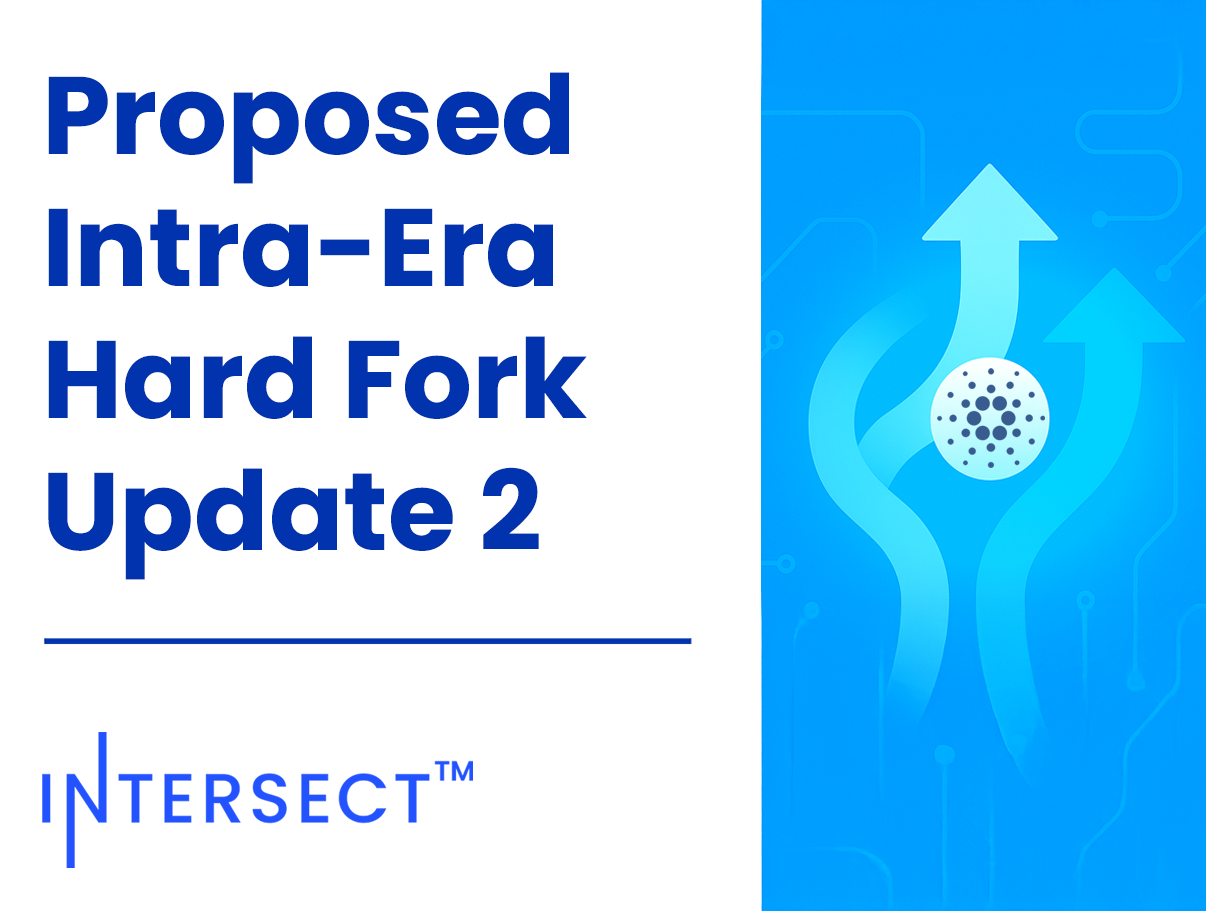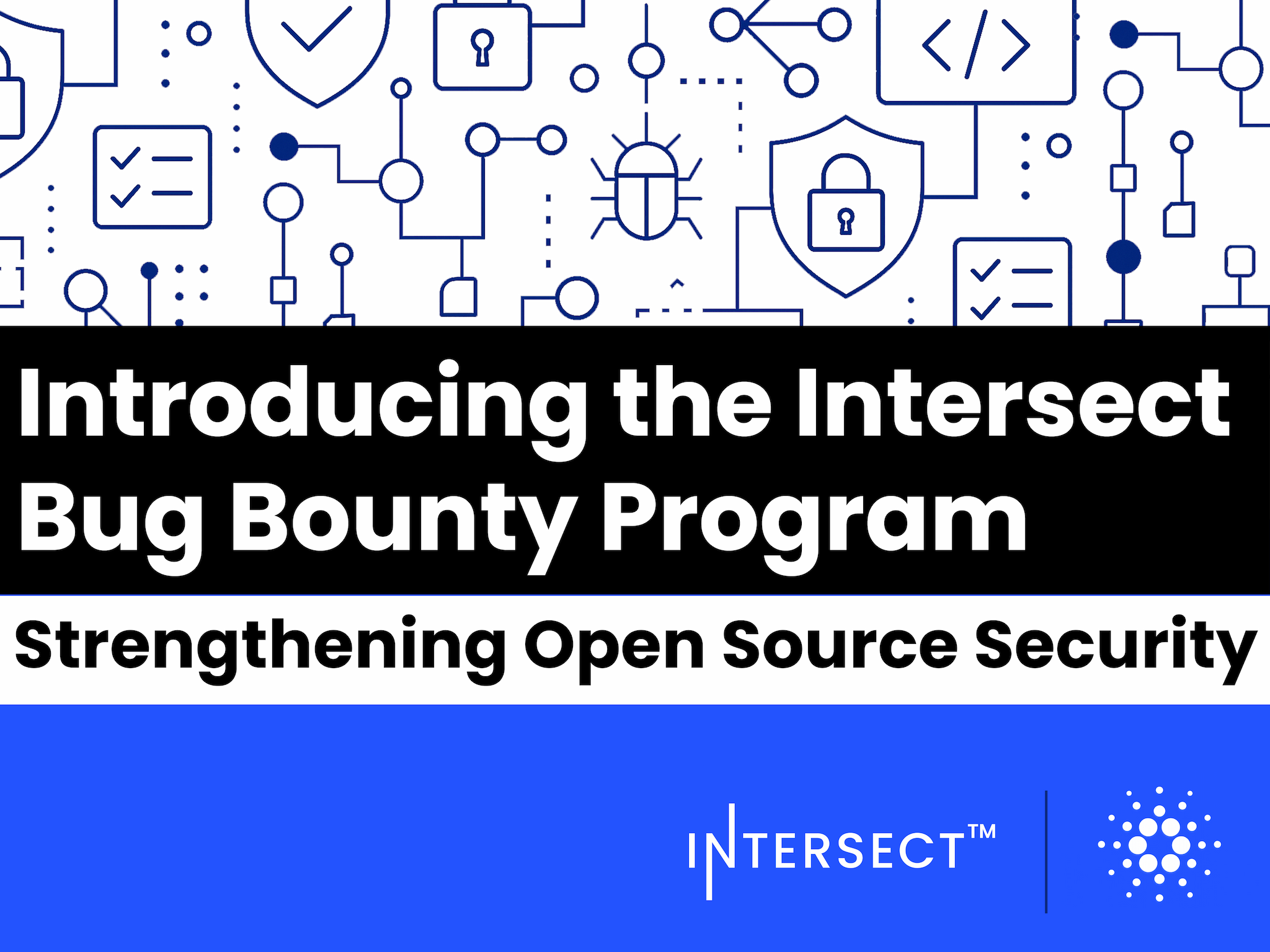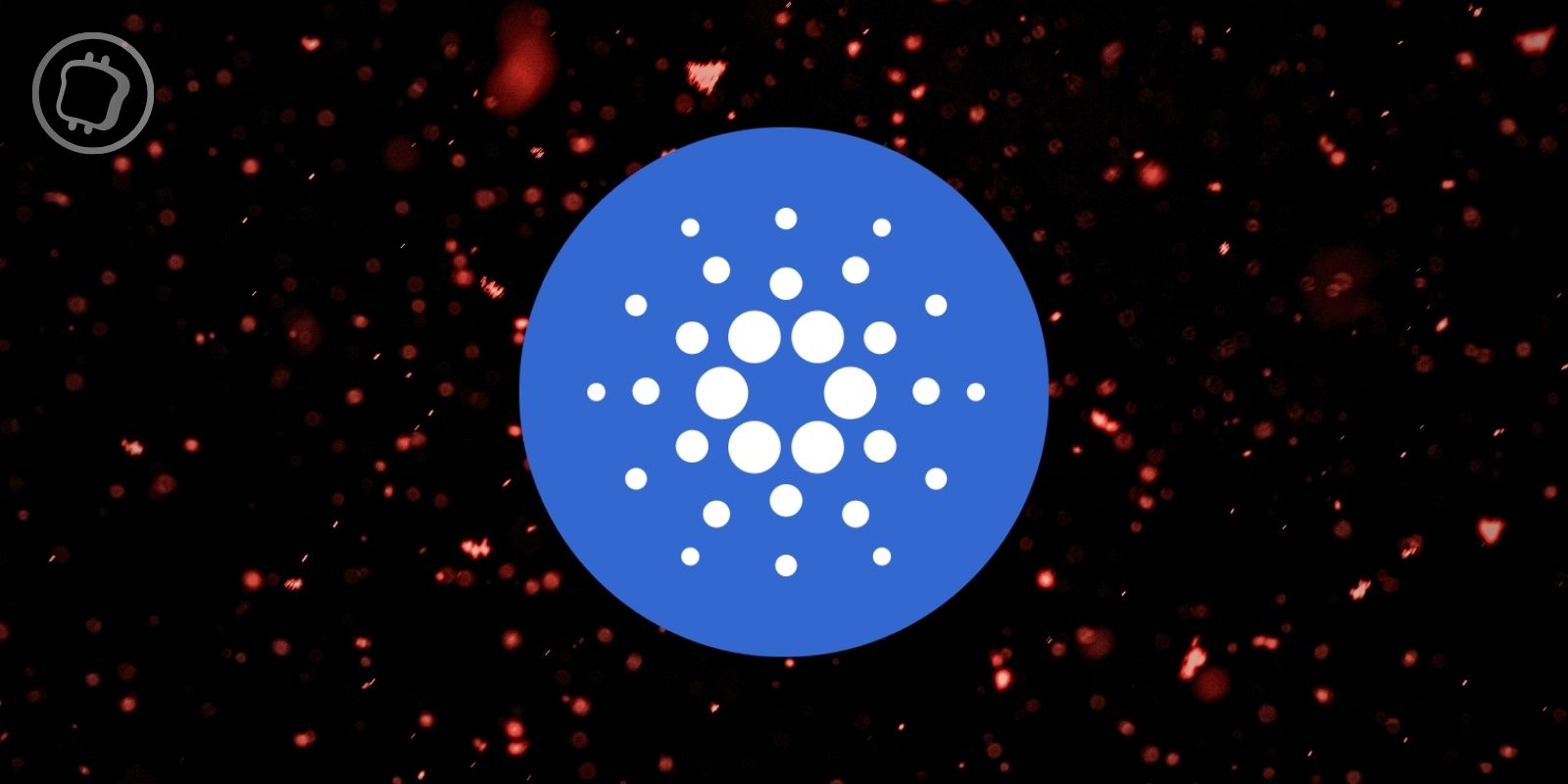Cardano Node 10.1.1 is ready
Cardano Node v10.1.1 Release

Cardano Node v10.1.1 Release
Cardano Node 10.1.1 is here. This is the first Mainnet release node capable of passing the Chang #2 inter-era hard fork. The Chang upgrade #2 brings full on-chain governance as described in CIP-1694, ending the current bootstrap governance phase that started with the Chang upgrade #1 hard fork on September 1st.
This node includes several improvements to the governance system, including support for SPO delegation to pre-defined voting options. It also enables new Plutus primitives as defined in CIP-0122, CIP-0123, and CIP-0127. Finally, it includes several other improvements to the ledger, CLI, API, and networking code bases. Please take time to read the release notes, as there are some breaking changes as old features are phased out.
Understanding the Chang Upgrade
Chang is a pivotal upgrade designed to implement the final features of Cardano’s minimum viable on-chain governance. This process is deeply rooted in the principles proposed during the Voltaire age of Cardano’s roadmap and detailed in CIP-1694. To ease adoption, the upgrade has been implemented in two main phases: Chang #1 and Chang #2.
This second phase, Chang upgrade #2, will move the Cardano blockchain out of the bootstrap governance it has been operating under since Chang upgrade #1. This has allowed a necessary step change for initial onboarding and governance participation.
Impact on the Cardano ecosystem
This Chang upgrade #2 affects the Cardano ecosystem as full on-chain governance comes online. Since September 1st, every ada holder can participate by delegating to delegate representatives (DReps) or standing to become a DRep themselves. More can be found on DReps here.
Important note: Following the Chang #2 upgrade, ada holders will need to delegate to a DRep to withdraw staking rewards. Rewards will continue to accrue to the ada holder typically, regardless of whether or not a DRep is delegated to. However, withdrawals will only be possible once an ada holder has delegated to a DRep or chosen the auto-abstain/no-confidence option.
Technical Details
As per any major release, the community is advised to refer to the full release notes regarding node 10.1.1, which can be found here on the Intersect GitHub repository. There are a number of potentially breaking changes to be aware of, including modifications to era-agnostic commands. The hard fork working group will hold a number of technical Q&A sessions, which will be announced soon and found through the Intersect Discord events calendar.
Enactment
The governance design, including the interim constitution, states that a hard fork governance action needs to pass two thresholds for this upgrade to be enacted on the chain. Hard fork enactment will require a constitutional vote from the Interim Constitutional Committee (ICC) and a vote of 51% by stake from SPOs. Once these have been met, the hard fork will be enacted on the chain following a one-epoch ratification period.
Notes for SPOs, exchanges and DApps
Like all previous upgrades, Stake Pool Operators (SPOs) must upgrade to the latest mainnet, hard fork-capable node candidate, version 10.1.1. Details on the latest releases can be found on Intersect GitHub. Intersect will coordinate updates and share information on downstream components needing upgrading to ensure compatibility. Separately and importantly, SPOs must vote on the hard fork governance action once they assess the ecosystem as being ready.
There are no special requirements for Exchanges and DApps for this inter-era hard fork other than to reference the release notes and upgrade. Decentralized applications may need to be prepared by testing with the latest node release. Specific changes required will vary DApp to DApp.
Exchanges play a critical role in Cardano's liquidity and stability. They must ensure their systems are compatible with the new node to support seamless transactions and operations post-upgrade.
Timeline and Expectations
The timeline for Chang upgrade #2 will be determined by interim constitution and enacted upon approval from the ICC and SPOs. The knowledge base provides further breakdown and details of these.
Intersect will host and facilitate a similar ecosystem readiness page as previous hard forks, presenting the latest status across Cardano. The readiness page will reference governance actions about the upgrade so that you can follow the sequence and status as we move through the upgrade process.
What happens after Chang upgrade #2
Following a successful Chang #2 hard fork, decisions on the Cardano blockchain will be shaped and voted on via fully decentralized governance, as detailed in CIP-1694. There are many exciting ways to participate in this new governance.
- Delegate to a DRep or become one yourself via Cardano’s GovTool
- Join open sessions with the hard fork working group and be part of the decision-making -
- Join working groups and committees at Intersect to help craft and socialize proposals for on-chain governance and enactment, such as the budget for 2025. Jump into our Discord, X(formerly Twitter), or LinkedIn pages.
Stay Informed and Engaged
Visit the Chang Timeline & Dependencies on Intersect’s Knowledge Base and follow our social accounts to stay updated with the hard fork working group's progress over the coming weeks.
The Chang upgrade is a monumental step toward decentralized governance in Cardano. By empowering the community with the tools and infrastructure needed to guide the protocol's development, Intersect is fostering a more inclusive and democratic ecosystem. As we approach the final stages of preparation, the Cardano community’s participation and readiness will be crucial in achieving a seamless transition to this new governance era. Stay tuned for more updates as we approach the hard fork event.
Delegate Your Voting Power to FEED DRep in Cardano Governance.
DRep ID: drep12ukt4ctzmtf6l5rj76cddgf3dvuy0lfz7uky08jfvgr9ugaapz4 | We are driven to register as a DRep by our deep dedication to the Cardano ecosystem and our aspiration to take an active role in its development, ensuring that its progress stays true to the principles of decentralization, security, and community empowerment.DELEGATE VOTING POWER!








